Yes, that's right, Easter's chocolatey hue has only just left us and we're already looking forward to Christmas. It may only be April but the festive period seems to come round quicker every year and so we are giving you an early heads up. Flights have just been released for November and December and that means you can start planning your trip to one of Europe's Christmas markets.
Booking early obviously means you'll get a great price and there'll be no(el) worries about having to organise something as the year draws to a close. So, as Germany is always a great destination at Christmas time, here are some festive foods you'll find at our range our German Christmas markets.
Christollen
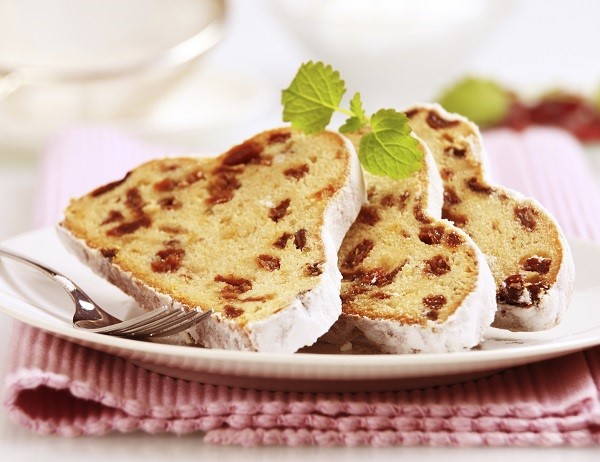
Fans of the Great British Bake Off may be familiar with the German fruit cake known as stollen. This sweet treat has changed drastically from when it was first introduced, in 1545, and has morphed from a dry and flavourless pastry to a bread and finally to the sweetened loaf cake Germans love today.
In the 16th century, Advent was a period of fasting and so no butter was allowed to be used in stollen recipes. However, after the Prince and Duke of Saxony sent a letter to the Pope stating that oil was too expensive and difficult to produce, the bakers were granted permission to use butter. At first, anyone other than the Prince-Elector's family had to pay to use butter in their stollen, but this was changed when Saxony become a protestant district. Nowadays, a Christollen (as it is called during the festive period) recipe includes marzipan, dried fruit and is topped with powdered sugar.
Lebkuchen
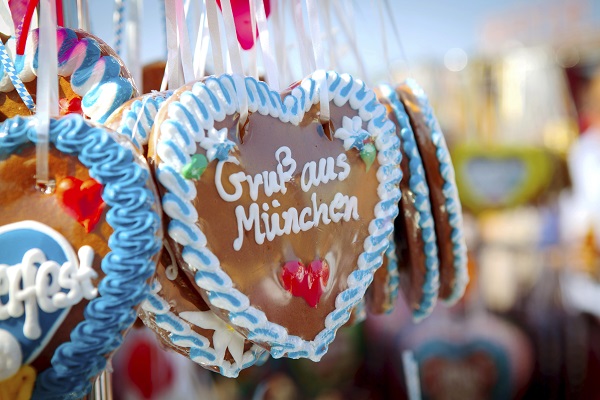
Whilst the German town of Aachen has its Printen, the Franconians have their own tribute to gingerbread, which is eaten at Christmas time. Lebkuchen are spiced biscuits that come in all different sizes and varieties. Some can be round and soft, whilst other can be hard and crafted into heart shapes for commercial reasons.
Lebkuchen is also known as honey cake and this name points towards its origins. The recipe actually began in countries such as Greece and Egypt, where people thought that honey had supernatural medicinal powers and could ward off any lurking evil spirits. Lebkuchen, as we know it today, is most largely produced in Franconia, in cities like Ulm and Nürnberg, but is eaten all over Germany at Christmas.
Wursts
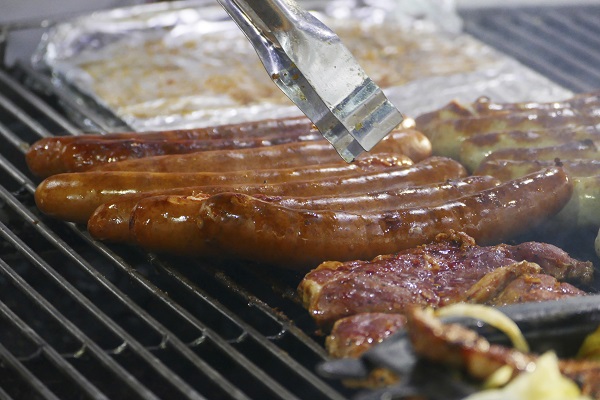
Anybody who has ever been to Germany will know that the country's stereotypical association with sausages is not unfounded. There are so many different types of wurst, many of which are specific to certain parts of Germany, that you're bound to find a kind that you love. From bratwurst to bockwurst and everything in between, sausages are a mainstay at any German Christmas market.
As you walk around the various stalls, the smell will waft over you until you have no choice but to give in to your taste buds. At Christmas, the wursts are cooked on giant circular grills that hang from the market stalls like pendulums. See how many different incarnations you can try.
Glühwein
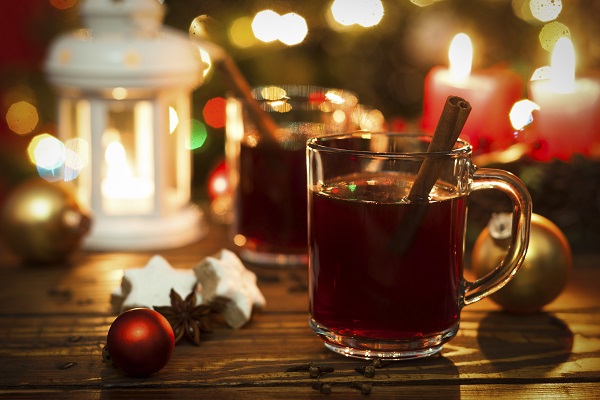
Whilst not strictly a food, this German version of mulled wine is another staple of the country's Christmas markets. Just like in England, wine is spiced using cinnamon, star anise, cloves and other ingredients, before being served hot as a way to warm your body through on a cold day. Glühwein can also be cold though and there is also a less popular version made, instead, from white grapes.
Feuerzangenbowle
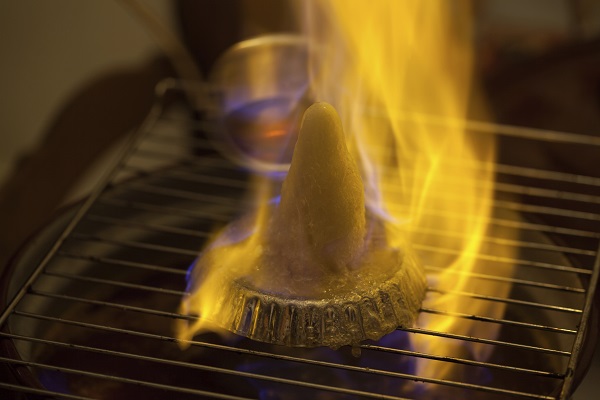
Feuerzangenbowle is a variation of Glühwein but offers slightly more spectacle during the preparation. The name literally means fire-tongs punch and this gives you a little insight into how it's made. A rum-soaked Zuckerhut (a piece of sugar loaf shaped like a cone) is placed in the Glühwein and then suspended over a bowl via a metal grate or tongs. It is then set alight and left to caramelise, enhancing the drink along the way.
If you would like to book a festive trip to cities such as Cologne, Munich, Berlin and Stuttgart; our European Christmas markets are now available. Secure your break now for a great deal.










